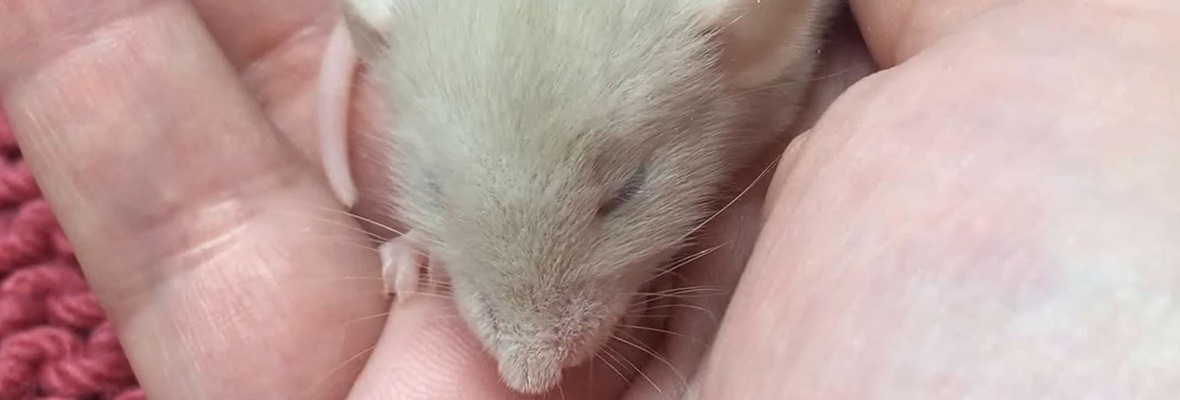Do Peabody Rats Make Chirping Noises?
Many times when you walk into your home at night you may want nothing more than a hot bath and some well deserved sleep. This is just common among most people. You may however be stopped by some chirping sounds in your home. A slight sound in the attic you may even ignore it for a while. If you do not hear it again it could have been a onetime thing. If you do hear it again then that means that you have an animal living in your attic.

Peabody rats are going to be top on your list of suspects right next to raccoons. If you do not visit your attic often then a critter could have made a home there without you being aware. You're probably wondering why would a rat chirp though? Rats do chirp but not all of them. You need to understand different sounds before concluding that you have rats in the house. 'Though rats are often known by their characteristic gnawing sounds they do make an array of noises whenever they are in different situations. The noise made while mating or crying out for help is often distinctly different.
To better understand this we have to know that Massachusetts rats are social animals. They live in groups called packs. They often do this for survival purposes. It is easier to be safe in a group than going rogue by yourself. Other than humans rats are the only other group of animals that know they are smart or are self aware of their ability to think. This is why they make such good packs. This also explains the different noises as they communicate to each other.
When Peabody rats give birth to their young ones they tend to leave them at night to go hunting. Now given that the voice boxes of the young rats are not well developed when they call out to their mother the sound is recovered by our ears to sound like chirping. The chirping noise is common in birds and not rats so it might get you a bit confused on what is on your attic.
Chattering sounds are often just social noises. Squealing vis a sound of a Massachusetts rat that needs help or is in acute danger. Hisses are interpreted to mean anger or attack mode.
If the sound gets more intense as you search for the location in your attic then you are approaching the nest. This means that you may be attached by the mother or sidelined by a few uncle's trying to take your attention off the nest. Remember that Peabody rats are clever creatures. Ensure you have the right paraphernalia on when you go into your attic. You can set traps during the day to catch them when they leave to hunt later in the night.
Visit our Peabody animal removal home page to learn more about us.

